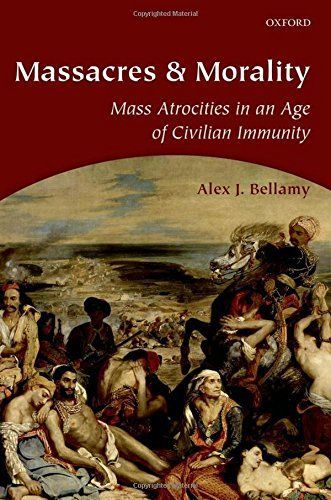
Massacres and Morality Mass Atrocities in an Age of Civilian Immunity
Why does the mass killing of civilians persist? Why do the perpetrators often escape criticism and punishment despite violating our most deeply held moral beliefs? Is the protection of civilians from these heinous crimes strengthening or weakening? Examining dozens of episodes of mass killing perpetrated by states since the French Revolution, this book argues that the principle that civilians ought not be deliberately killed has been engaged in a protractedstruggle against a variety of 'anti-civilian ideologies' which try to justify such killing. The book argues that although civilian immunity has won the battle of ideas against these ideologies, the battleitself continues as new ideologies emerge and the practice of condemning and punishing perpetrators is uneven and inconsistent - complicated by the politics of each new situation. As a result, whilst it has become much more difficult for states to get away with mass murder, it is still not entirely impossible for them to do so.